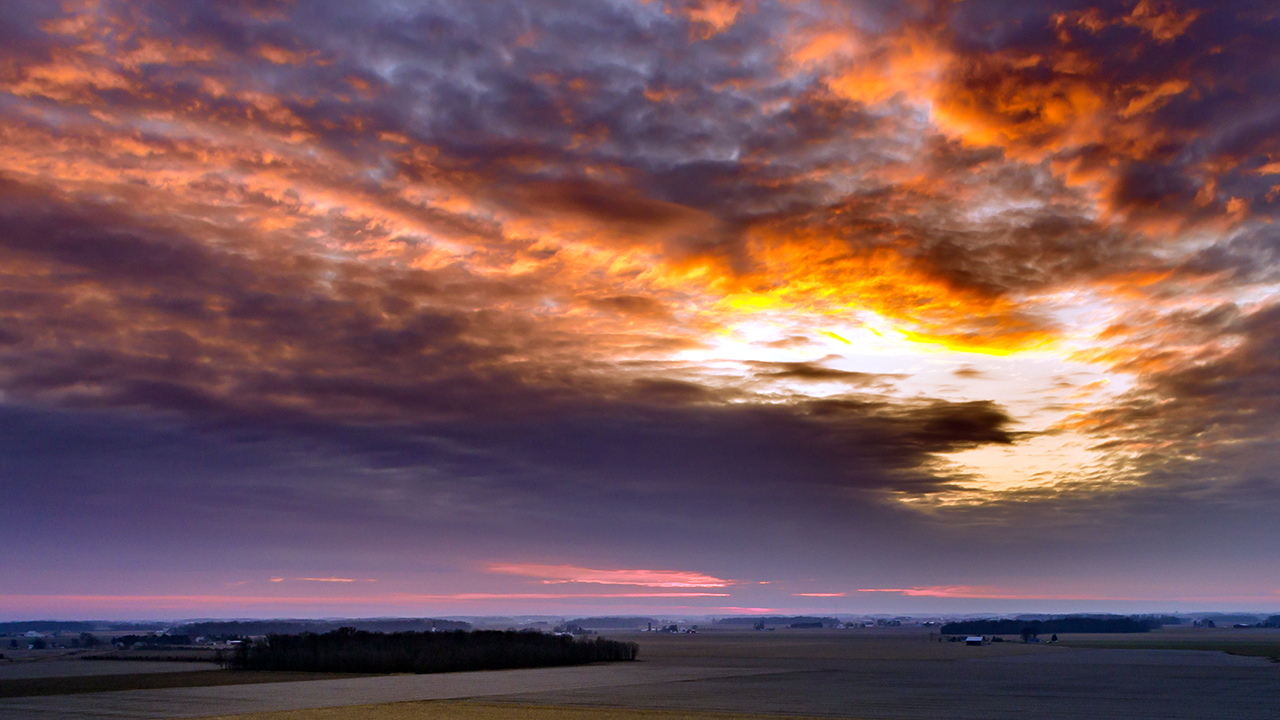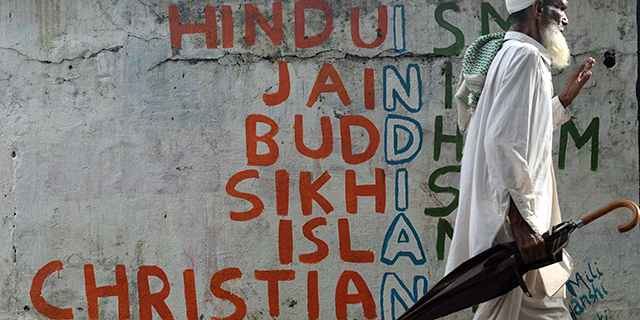
5 facts about Israeli Christians
A Pew Research Center survey of Israel provides a rare window into the religious beliefs and practices of this close-knit group.
A Pew Research Center survey of Israel provides a rare window into the religious beliefs and practices of this close-knit group.
For the National Day of Prayer, we rounded up survey data on Americans’ prayer habits, as well as historical instances of prayer intersecting with the government.
There are striking differences in the extent to which people think the Quran should influence their nation’s laws, according to surveys across 10 countries with significant Muslim populations.
While significant shares of Israeli Arabs and Jews are optimistic about the prospect of a two-state solution, those who would live in this new independent state – the Arabs currently in the Palestinian territories – are less optimistic about it.
Jehovah’s Witnesses, who make up just less than 1% of U.S. adults, are known for their door-to-door proselytism. But members of this denomination, which has its origins in 19th-century America, are also unique in many other ways.
They come in several basic styles, with some more favored by particular Jewish subgroups than others.
Despite Pope Francis’ overwhelming popularity, few U.S. Catholics say they turn to the pope “a great deal” for guidance on difficult moral questions.
Americans and Europeans often have different perspectives on individualism, the role of government, free expression, religion and morality.
About half of U.S. adults tell us they seldom (33%) or never (16%) talk about religion with people outside their family.
Plenty of attention has been paid to the political disagreements between highly religious and less religious Americans, including on social issues such as same-sex marriage and abortion. But there has been less talk about how these groups differ – when they do – in how they live their everyday lives. Pew Research Center set out […]
The Global Religious Futures (GRF) project is jointly funded by The Pew Charitable Trusts and The John Templeton Foundation. Here are some big-picture findings from the GRF, together with context from other Pew Research Center studies.
Indians see religious tolerance as a central part of who they are as a nation. Across the major religious groups, most people say it is very important to respect all religions to be “truly Indian.”
Today, most Black adults say they rely on prayer to help make major decisions, and view opposing racism as essential to their religious faith.
The Christian share of the U.S. population is declining, while the share of Americans who do not identify with any organized religion is growing. These changes affect all regions in the country and many demographic groups.











